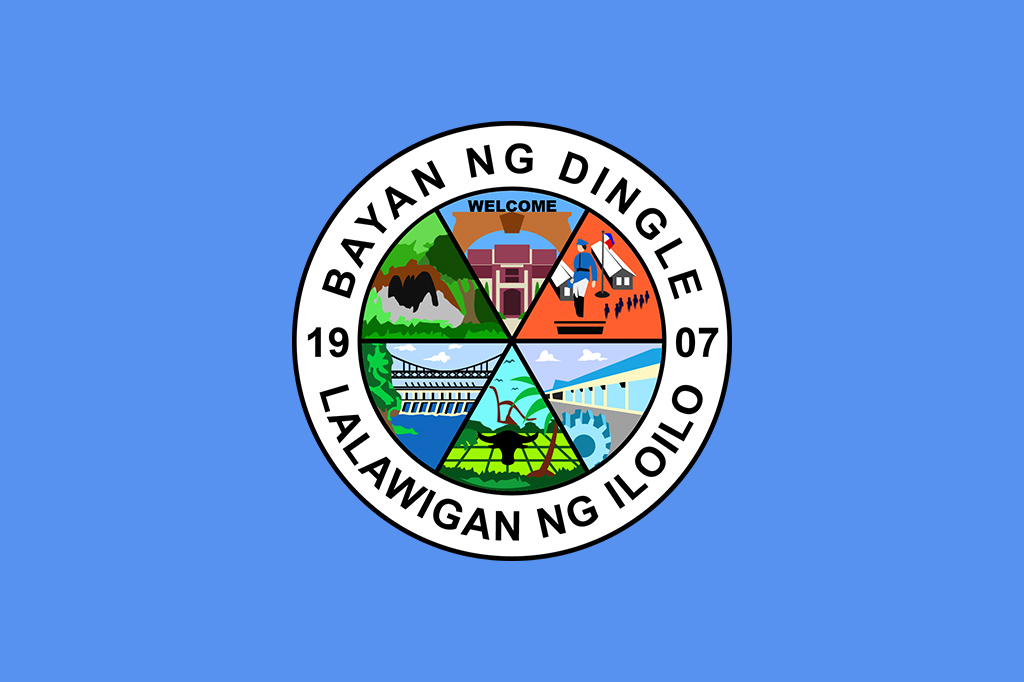
History of Dingle, Iloilo
Dingle started as a pre-colonial settlement of Sumandig, which was under the jurisdiction of Simsiman, a pueblo of Laglag. The settlement was also known as Sibucao, Ba-ong, and Orvat. The Augustinian priest, Fr. Francisco Manuel Blanco, first founded Dingle as a visita of Pototan in 1593. Dingle became independent on April 23, 1611. In 1629 however, it was annexed to Dumangas, Iloilo, and to Dueñas, Iloilo in 1641 (until 1825). On August 16, 1850, by order of Governor General of the Philippines Antonio de Urbiztondo, Dingle again became independent and was officially named the town of Dingle. The first town head was Julio Dator (1823–1827). In 1865, Fr. Fernando Llorente ordered the construction of the Dingle Catholic Church which was completed in 1886.
During the second phase Philippine Revolution against Spain, during the Spanish–American War, Dingle staged the first armed uprising in the Province of Iloilo. Now known as the “Cry of Lincud“, the revolt occurred in Barrio Lincud on October 28, 1898. Today the event is commemorated as a special non-working holiday. The leaders of the uprising were Adriano D. Hernández, Julio D. Hernández, and Nicolas Roces. Adriano Hernández later became a brigadier general in the Philippine Revolutionary Army. He then represented the province at the Malolos Congress. Later, he was appointed Director of the Bureau of Agriculture. Today, his statue stands inside the Philippine Army’s Camp General Adriano D. Hernandez in Dingle, which is named in his honor.
Under the Americans, Dingle was annexed to Pototan, Iloilo, the latter being larger and more prosperous. Nonetheless, through the efforts of Gen. Adriano Hernandez, the separation of the town from Pototan was given impetus in 1907.
In 1954, the sitio of Nazuni was converted into a barrio and was added as a barangay of Dingle.











